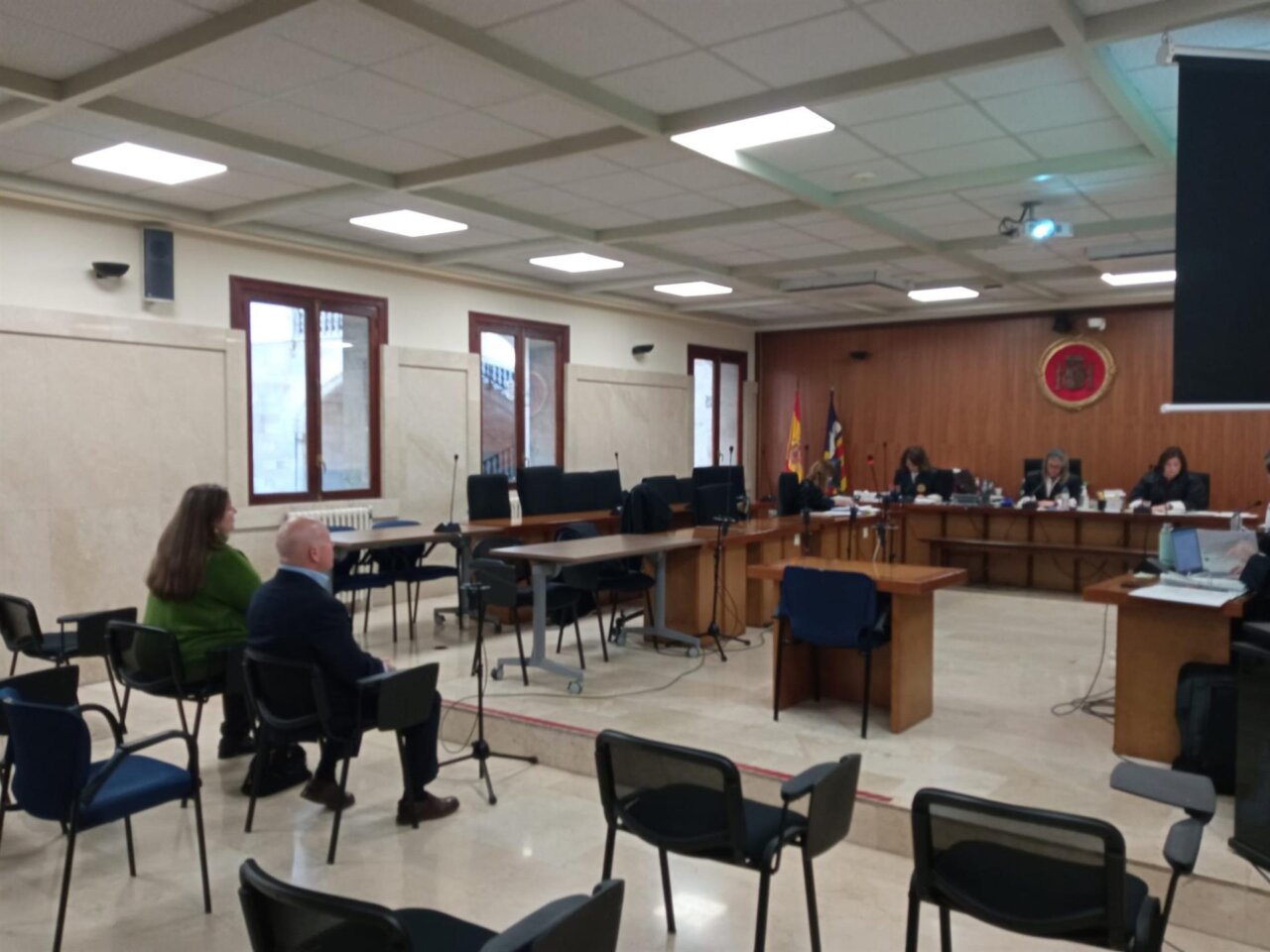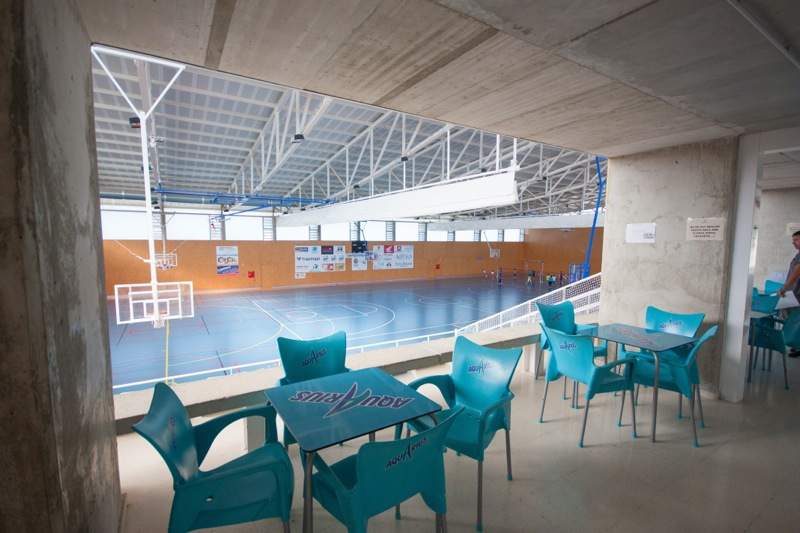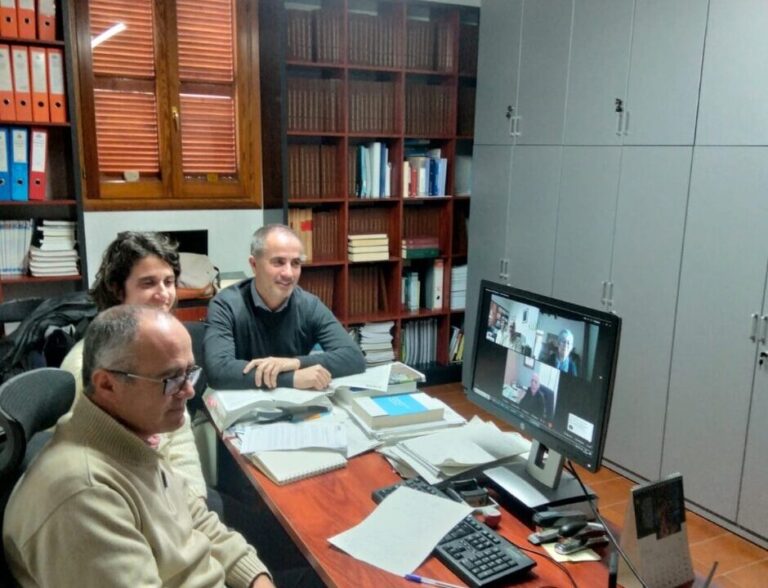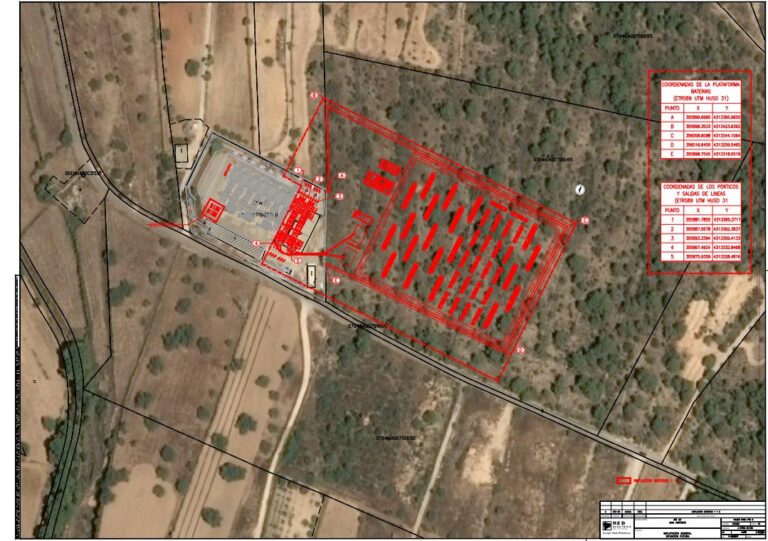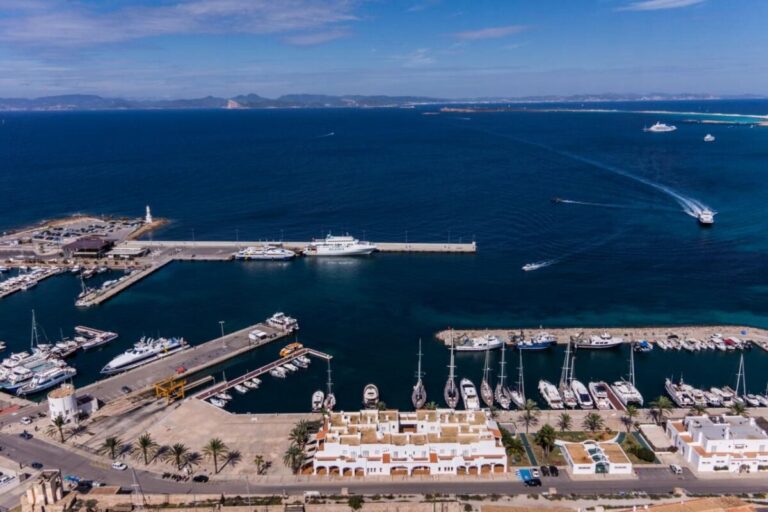The former mayor of Sant Antoni de Portmany, José Tur, has testified this Monday in the Provincial Court of Palma that the initial authorization of the Cala Gració beach bar in 2018 was granted due to an error in the information provided by Costas. According to his testimony, the City Council gave the go-ahead based on a report that wrongly classified the area as an urban section, but after the social and media uproar, the file was reviewed and it was found that the qualification of the land was incorrect, which led to the stoppage of the project.
The trial against José Tur and the former councilor of Urbanism, Cristina María Ribas, is being held this week in the First Section of the Provincial Court of Palma. Both are accused of prevarication for stopping the installation of the beach bar after it had already received municipal authorization. The Prosecutor’s Office, however, has requested their acquittal, considering that there was no intention to harm the concessionaire and that the decision was taken based on municipal technical reports that warned of irregularities in the project. During his statement, José Tur insisted that the decision to suspend the activity was taken after discovering that Costas had made a mistake in classifying the area as an urban section. He also stressed that the file was revised in response to the social and media pressure generated in the municipality. For its part, Ribas has acknowledged that it refused to issue the certificate of completion, claiming that the company had not notified any intervention on the land. The trial will continue in the coming days with the testimony of witnesses and the presentation of documentary evidence.
Chronology of the case
As recounted by the prosecutor in his brief of provisional conclusions, on May 23, 2018, the Department of Urbanism and Activities of the City Council of Sant Antoni de Portmany issued a decree warning the injured company that it could not start its activity, despite having initially received permission, as long as a municipal certificate of completion of works was not issued. This decree was drawn up after an agreement of the Municipal Governing Board dated April 25, which granted the same company the installation permit it had previously requested. Specifically, for the occupation of maritime-terrestrial public domain property through the placement of removable facilities – consisting of a bar, a bathroom, a wooden platform, 11 tables and 38 chairs – in the area of Cala Gració and for a period of four years, between 2017 and 2020. This decision, moreover, was endorsed by the resolution issued in July 2017 by the Coastal Demarcation of the Balearic Islands, which gave the green light to the installation. In any case, the Public Prosecutor’s Office points out, the defendants supported their decision to disallow the installation in two reports prepared by a municipal architect and an urban planning inspector, in which they warned of the irregularities presented by the project of the beach bar and questioned its adaptation to what was truly authorized. Thus, the prosecutor considers that it has not been proven that the change of criterion regarding the legality of the concession was motivated by his intention to harm the company through an unfair decision and that, therefore, the facts described do not constitute a crime and should be acquitted.

